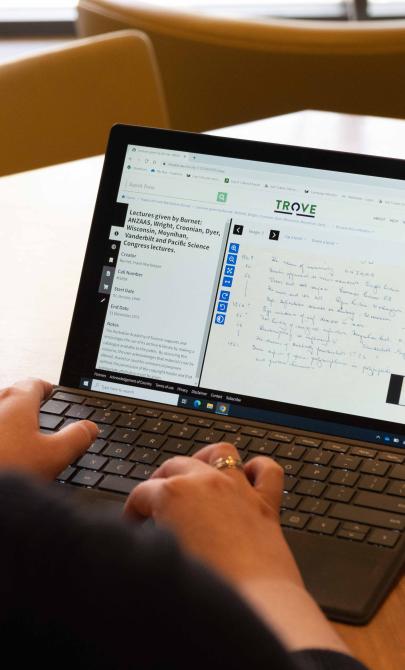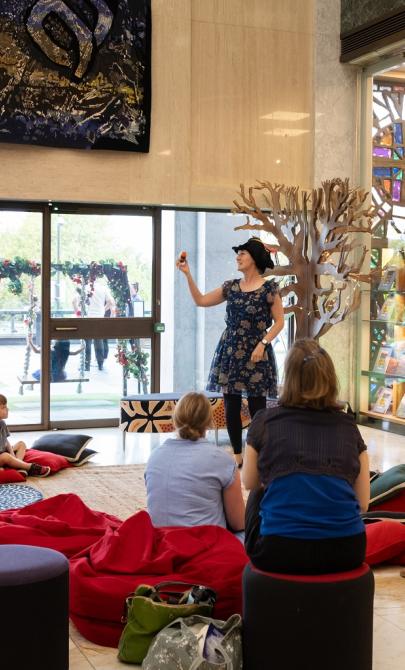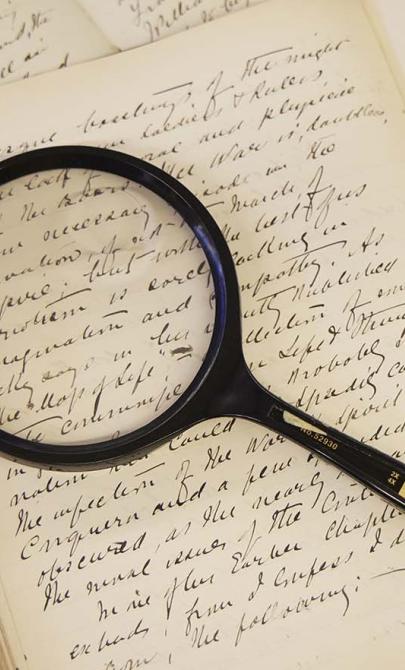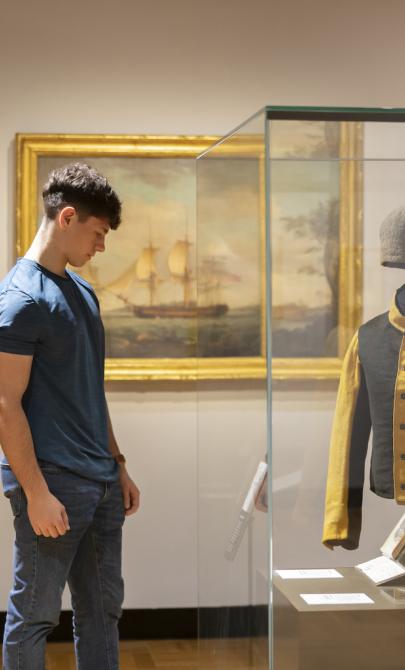Be informed, get involved: Participate in Australia’s democracy
Everyday participation
Joining or supporting an organisation is a powerful way to express your views on important issues. This is a common form of democratic participation today.
Examples of organisations include:
- Activist groups (for example, Amnesty International, Oxfam)
- Political parties
- Trade unions
- Charities
- Industry groups
- Professional associations
These groups advocate for human rights, social justice, environmental protection and other causes.
Engaging with representatives
Another way to participate is by communicating with your elected representatives. This includes:
- Attending community forums
- Writing letters or emails
- Volunteering during election campaigns
- Asking questions at public events
These actions help ensure your voice is heard by those who represent you in government.
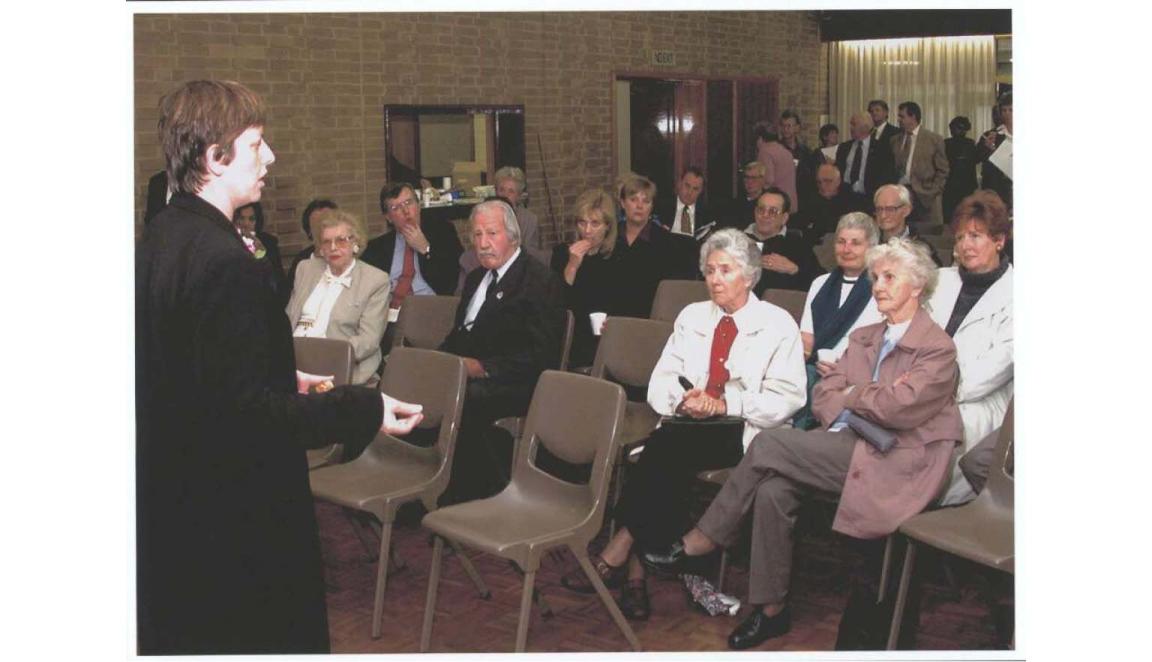
Francis Reiss, [Anna Burke, Federal member for Chisholm, at the Chisholm Aged Care Forum, Mt. Waverly Community Centre, Melbourne, October or November, 2001], nla.gov.au/nla.obj-146654777
Francis Reiss, [Anna Burke, Federal member for Chisholm, at the Chisholm Aged Care Forum, Mt. Waverly Community Centre, Melbourne, October or November, 2001], nla.gov.au/nla.obj-146654777
Grassroots to the Australian Greens
Australia’s greens movement began in the late 1960s in response to environmental concerns, particularly the planned damming of rivers in Tasmania.
The United Tasmania Group, formed in 1972, was one of the first political parties focused on environmental issues. By 1989, 13 green parties were registered at the federal level, along with several state-based parties.
In 1992, the Australian Greens formed as a national party, uniting state parties from New South Wales, Queensland and Tasmania. Their influence grew steadily, especially after the 2004 federal election.
The Greens played a key role in the 2010 federal election, helping the Labor Party form a minority government. This gave the Greens greater influence in shaping environmental and social policy.
Although the Greens began as an activist movement, their shift into formal politics shows how grassroots campaigns can evolve into influential political forces.
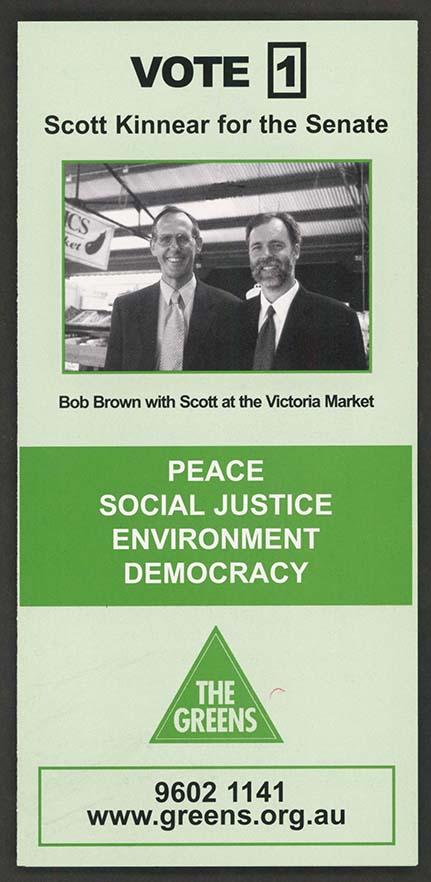
Australian Electoral Commission, [Ephemera relating to the Australian federal election campaigns : including press releases, policy speeches, advertising material, how to vote cards, etc.], 1901, nla.gov.au/nla.obj-38919594
Australian Electoral Commission, [Ephemera relating to the Australian federal election campaigns : including press releases, policy speeches, advertising material, how to vote cards, etc.], 1901, nla.gov.au/nla.obj-38919594
The Library as a democratic necessity
Libraries are essential to a healthy democracy. They provide free access to information, helping people make informed decisions and participate fully in civic life.
The Australian Library and Information Association (ALIA) states that a thriving democracy depends on:
- Unrestricted access to information
- Continuous exposure to new ideas
- Equitable access to knowledge
The National Library of Australia plays a key role by collecting and preserving:
- Records of political and activist history
- Photographs, posters and brochures
- Oral histories and manuscripts
- Election campaign materials dating back to 1901
In 2019, the Library launched the Australian Web Archive, which stores every website in the .au domain since 1996. These resources are freely searchable through Trove.
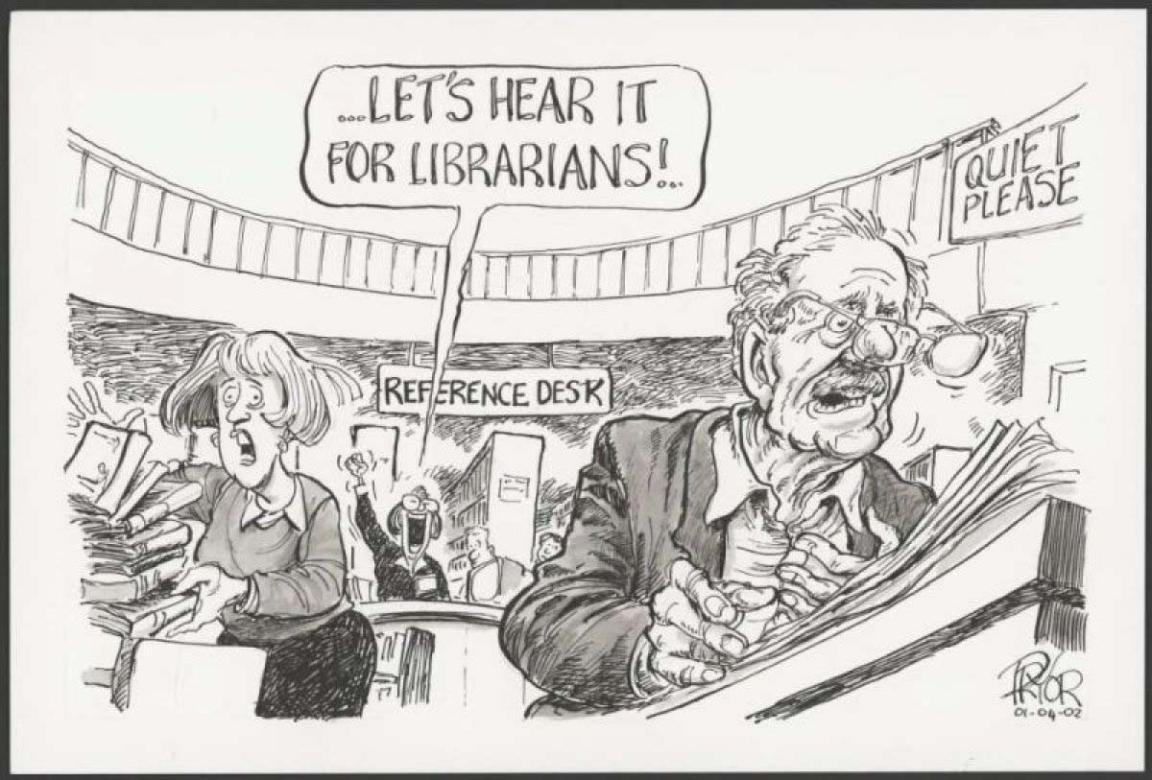
Geoff Pryor, Let's hear it for librarians! A reference desk librarian shouting in an area with a "Quiet Please" sign, 2002, nla.gov.au/nla.obj-158621046
Geoff Pryor, Let's hear it for librarians! A reference desk librarian shouting in an area with a "Quiet Please" sign, 2002, nla.gov.au/nla.obj-158621046
Learning activities
Activity 1: Research a minor party political figure
Australia’s democracy includes voices from beyond the major parties. In this activity, students will research a prominent political figure from a smaller party—not from the Coalition or Labor.
- Divide the class into small groups.
- Assign each group a political figure from a minor party (e.g. Greens, One Nation, Jacqui Lambie Network, Centre Alliance, Animal Justice Party).
- Ask groups to research the following:
- What does this person and their party stand for?
- What was their background before entering politics?
- How did they get involved in politics?
- Who typically supports them? (Think about location, socio-economic background, profession or religion.)
- Each group should present their findings to the class, using a format of their choice (e.g. slideshow, poster, oral presentation).
Activity 2: Reflect on the research process
After all groups have presented, hold a class discussion using the following questions:
- How easy or difficult was it to find information about your political figure?
- Did you find any contradictory or confusing information?
- What sources did you use to find information?
- Where else might you look to learn more about Australian democracy?
Encourage students to consider the reliability of their sources and how media, bias and access to information can affect what we know about political figures.

